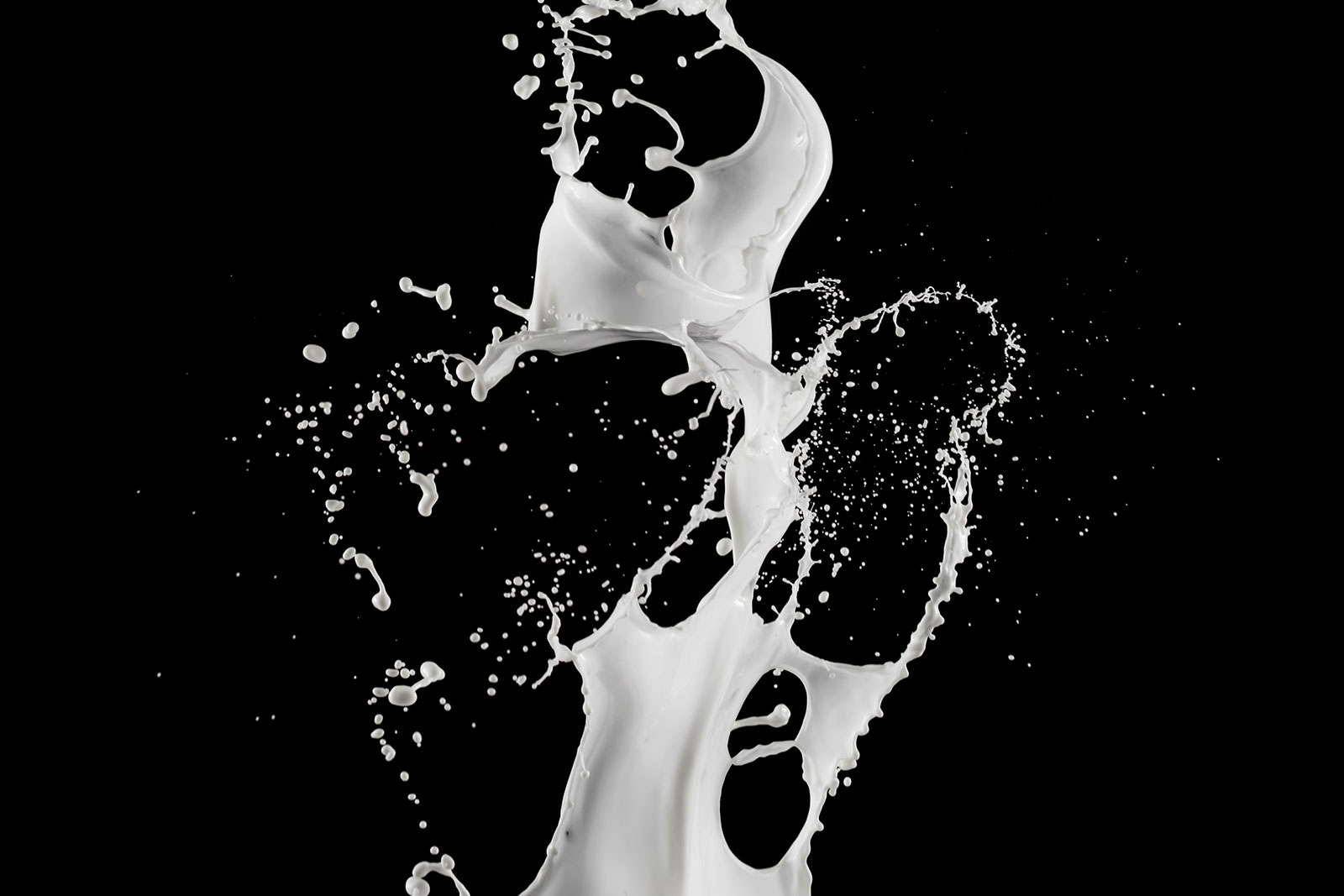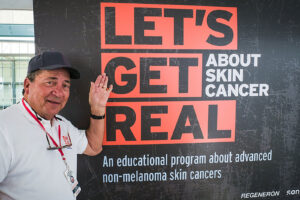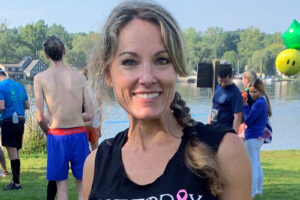In an effort to combat or prevent many forms of cancer, people have turned to a variety of unusual or alternative forms of treatment. Most recently, according to an Aug. 13, 2020 article in the New York Post, that includes the consumption of human breast milk.
Showcased in the Netflix docuseries “(Un)well,” adult breast milk drinkers routinely purchase the product through unreliable resources like Facebook, Craigslist and Reddit. And while some drinkers tout anecdotal evidence of its benefits, some of the procured milk can also be potentially harmful to consumers. According to a study from the Nationwide Children’s Hospital, out of 101 samples of breast milk purchased online, 75 percent contained harmful pathogens and 10 percent were cut with cow’s milk or baby formula.
But the connection between human breast milk and cancer is not as far-fetched as it seems. In 1995, a research group in Lund, Sweden found that a component of human breast milk kills tumor cells without harming healthy cells. And in 2019, researchers at HAMLET Pharma released the results of a small study (20 participants)—the first of its kind—that showed this component, only found in breast milk, can break tumors into tiny fragments that certain cancer patients were able to pass through their urine.
This occurs when alpha-lactalbumin, the most common protein in human breast milk, is bound to oleic acid. Scientists have nicknamed this biological complex HAMLET, or Human Alpha-lactalbumin Made Lethal. According to HAMLET Pharma, HAMLET is a “tumorcidal protein-lipid complex, formed by two GRAS (generally regarded as safe) molecules present in human milk.” Even better, the compound has been shown to break down tumors without harming healthy cells.
The Phase I/II trial studied the safety and efficacy of Alpha1H, which was infused in patients with bladder cancer in six rounds. Significant differences were found among patients treated with Alpha1H and those on the placebo. According to HAMLET Pharma, “Alpha1H triggered significant shedding of cells in all tumor patients who received this treatment (p<0.0001). In addition, Alpha1H triggered the excretion of whole tumor fragments into the urine (p<0.0001), illustrating the potent effect.”
While this news is promising, this research is only in its initial stages and more participants will need to be studied in future phases. “We need more evidence but hopefully this could be the gentle chemotherapy of the future,” says Mats Persson, CEO of Hamlet Pharma. Until then, most researchers advise the curious to hold off on consuming breast milk as an adult and utilize more traditional methods for prevention and treatment of cancer.







